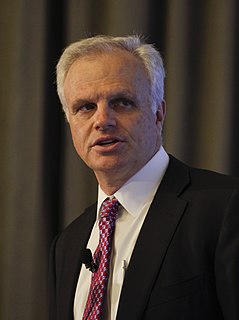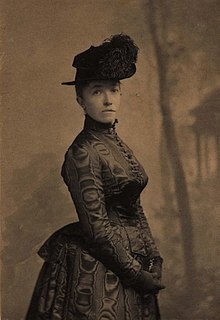A Quote by Lynn Davies
One of our targets as a country is to now work very closely with the Commonwealth countries - they could become a very big market for us.
Related Quotes
So we really need jobs now. We have to take jobs away from other countries because other countries are taking our jobs. There is practically not a country that does business with the United States that isn't making - let's call it a very big profit. I mean China is going to make $300 billion on us at least this year.
The Middle East would always be an important trading partner in just a market sense, like America is a big market for us, Asia is a big market, Europe is a big market. You are going to have hundreds of millions of consumers there, from just a standard market point of view, from a very narrow American point of view.
Many countries which are no longer able to afford their public health systems, which have made certain promises within their countries to purchase from free market or from other economies, are approaching us seeking help with the supply of generic drugs, which is opening a very big room of opportunity for us.
One other thing: at the meeting in Canada, [there was] the coup in Fiji. This comes to an important part of the Commonwealth: the role of the Queen [Elizabeth II]. I had absolutely just enormous respect for her as leader of the Commonwealth. You could talk to her about any of the fifty-one countries of the Commonwealth and you could have an intelligent conversation with her about the economics, the politics. She really immersed herself in the Commonwealth.
America was my home for a very long time, and it's a fascinating, pioneering country that many people look to. In the recent past it hasn't been doing very well, but there's a great new hope now with the election of Obama. America took a very big leap there and proved that it still has the edge as far as being able to do things many other countries may find difficult.
Many people who live in big countries like ours thought that we had resources that would work for us for many, many years, but that was a mistake. Our natural wealth corrupted us. In this country, you were among the first to raise environmental issues. In Russia, despite all of its problems today, people are concerned about the environment, and it's become a central issue on the agenda.






































